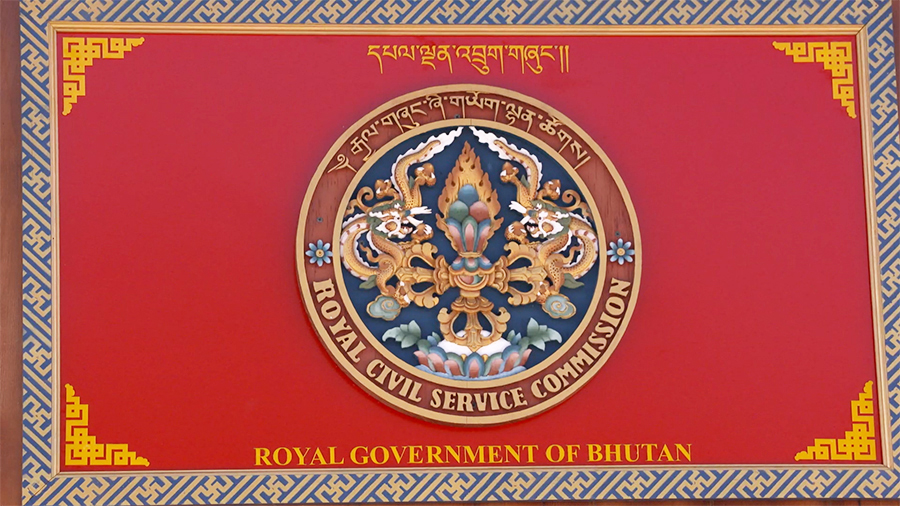
The Royal Civil Service Commission (RCSC) indicated that it is exploring alternative support measures for civil servants classified under the “Partially Meets Expectations” category rather than eliminating it. Meanwhile, the National Assembly has unanimously agreed to remove this category from the civil service performance evaluation system in the summer session. Today, the prime minister presented a report on the actions taken in response to the resolution, as submitted by the RCSC, during the National Assembly session.
In the summer session in June this year, the National Assembly’s Good Governance Committee said civil servants are unhappy with the forced ranking in the Partially Meets Expectation or PME category of the civil service performance system, the MaX system which they say is a contributing factor to high attrition.
There are currently over 30,000 civil servants, with 35% working in the education sector and 14% in health, making these the largest groups. According to the RCSC, although the MaX system is still in place, the attrition rate has decreased to 4.7%, down from over 8 % in 2022 and around 16 % in 2023.
The report also highlights that prior to the implementation of the MaX system, there were no recorded instances of employees being rated as ‘unsatisfactory.’
Prime Minister Tshering Tobgay while presenting the report said, “Performance management should be conducted annually but was only carried out once every four years. On average, civil servants were rated 3.89 out of 4, placing them in the ‘outstanding’ category. However, this high rating did not match the general perception of ineffective and inefficient service delivery in the civil service.”
When the MaX system was introduced in 2016, agencies scoring 95% or above were exempted from identifying poor performance. According to the RCSC, this led to inflated agency scores.
As a result, a mandatory requirement of grading 3% of civil servants in the ‘Partially Meets Expectations’ was introduced in fiscal year 2021–2022.
Moreover, the RCSC reported that the performance moderation is a common practice in civil service agencies worldwide, including in countries such as South Korea, New Zealand, Australia, the Philippines, and Indonesia.
The prime minister added that the RCSC have also mentioned why the ‘Need Improvement’ category is required in the report. “The ‘Need Improvement’ category’s purpose is not to rank and fire employees, but to categorise individuals based on performance in order to provide targeted interventions including further education, skills development, competency-building, and other tailored support to enhance performance.”
Further, the system mandates 5 % of executive, 3 % of P2 and below civil servants, and 2 % of teachers to be graded in the ‘Needs Improvement’ category.
The RCSC also reported that following the civil service reform, the parliament should allow the MaX system to mature and deliver its potential benefits.
The RCSC claimed that the National Assembly’s resolution remains a recommendation, as the RCSC is an independent constitutional body with its own mandate and authority. To this, several MPs expressed that their intention to pass the resolution is to improve the system and address the dissatisfaction of civil servants with the performance evaluation system.
Kinzang Lhadon
Edited by Kipchu









